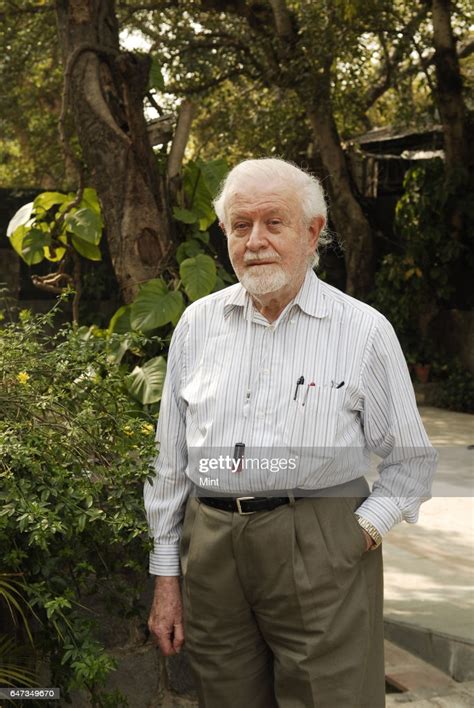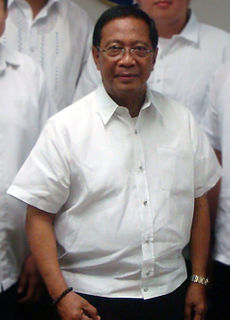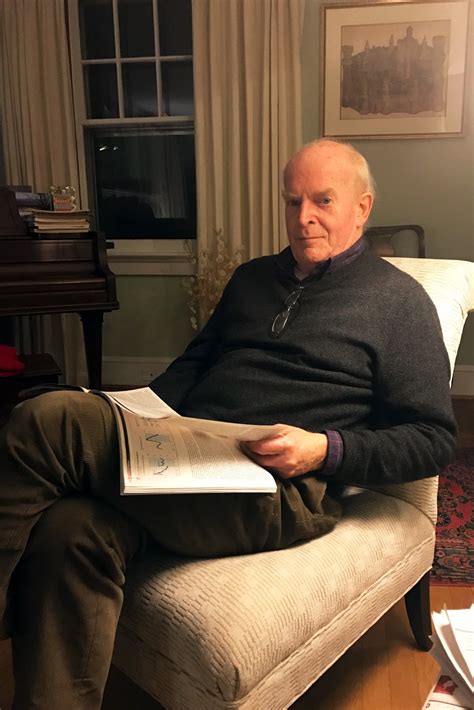A Quote by Andy Stanley
I'm not a philanthropist. While I care about the poor, the issue of local or global poverty doesn't keep me up at night.
Related Quotes
Global warming is a justice issue. It's a justice issue because global warming is theft - theft from our own children and grand children, of their right to a livable future. It's a justice issue, because its victims are, and will be, disproportionately poor and of color, those least able to contend with or to flee, the storms, droughts, famines, and rising tides of global warming.
Too often the media assumes that "poverty" is an African American or a Latino issue. Of course, that's nonsense. While a higher percentage of the African American and Latino population does live in poverty as compared to the white population, when overall numbers are looked at, it is clear that people of all races, ethnicities, and colors, are represented amongst America's poor.
One of the most durable successes of the war on poverty was to dramatically reduce the number of elderly poor in America. That's still true today. But, by contrast, child poverty has shot up over the last few years: A decade ago, about 16 percent of children in America were poor - which is a shockingly high percentage. But it's not as shocking as today, when we see that 22 percent of kids live in poverty.
As a reporter, you know the tropes of how stories on poverty work in any country. A reporter will go to an NGO and say, "Tell me about the good work that you're doing and introduce me to the poor people who represent the kind of help you give." It serves to streamline the storytelling, but it gives you a lopsided cosmos in which almost every poor person you read about is involved with a NGO helping him. Our understanding of poverty and how people escape from poverty, in any country, is quite distorted.





































